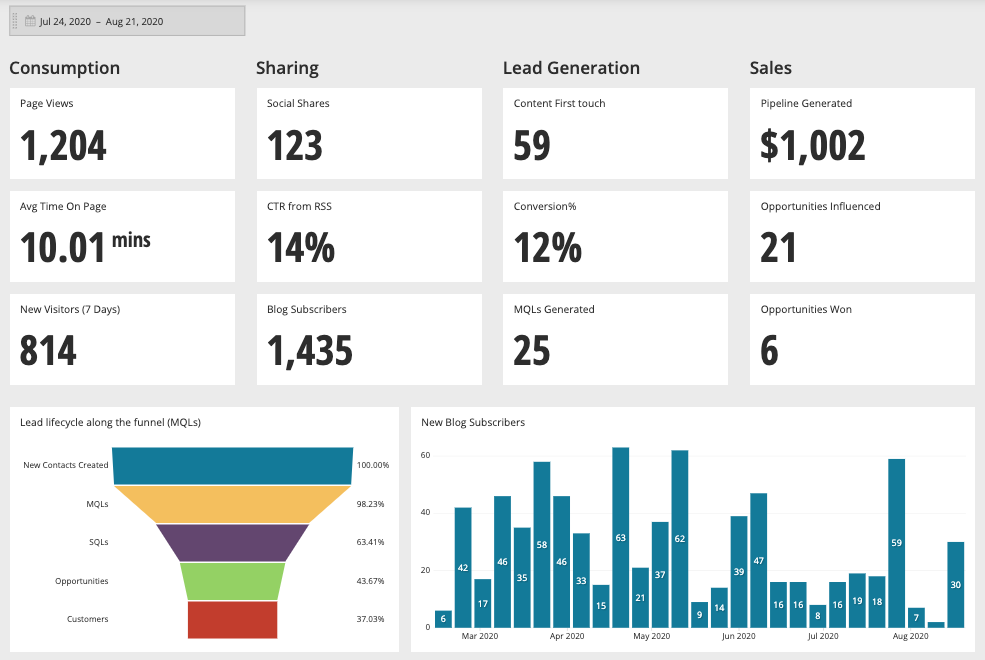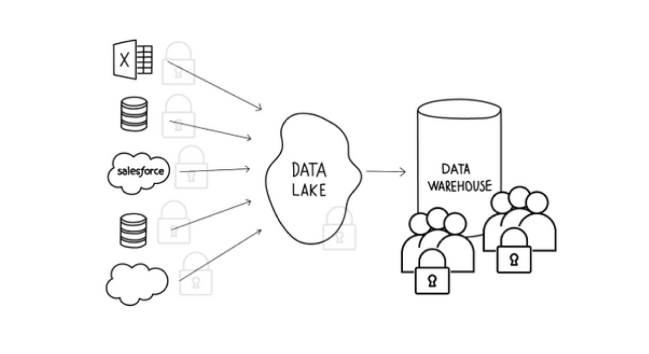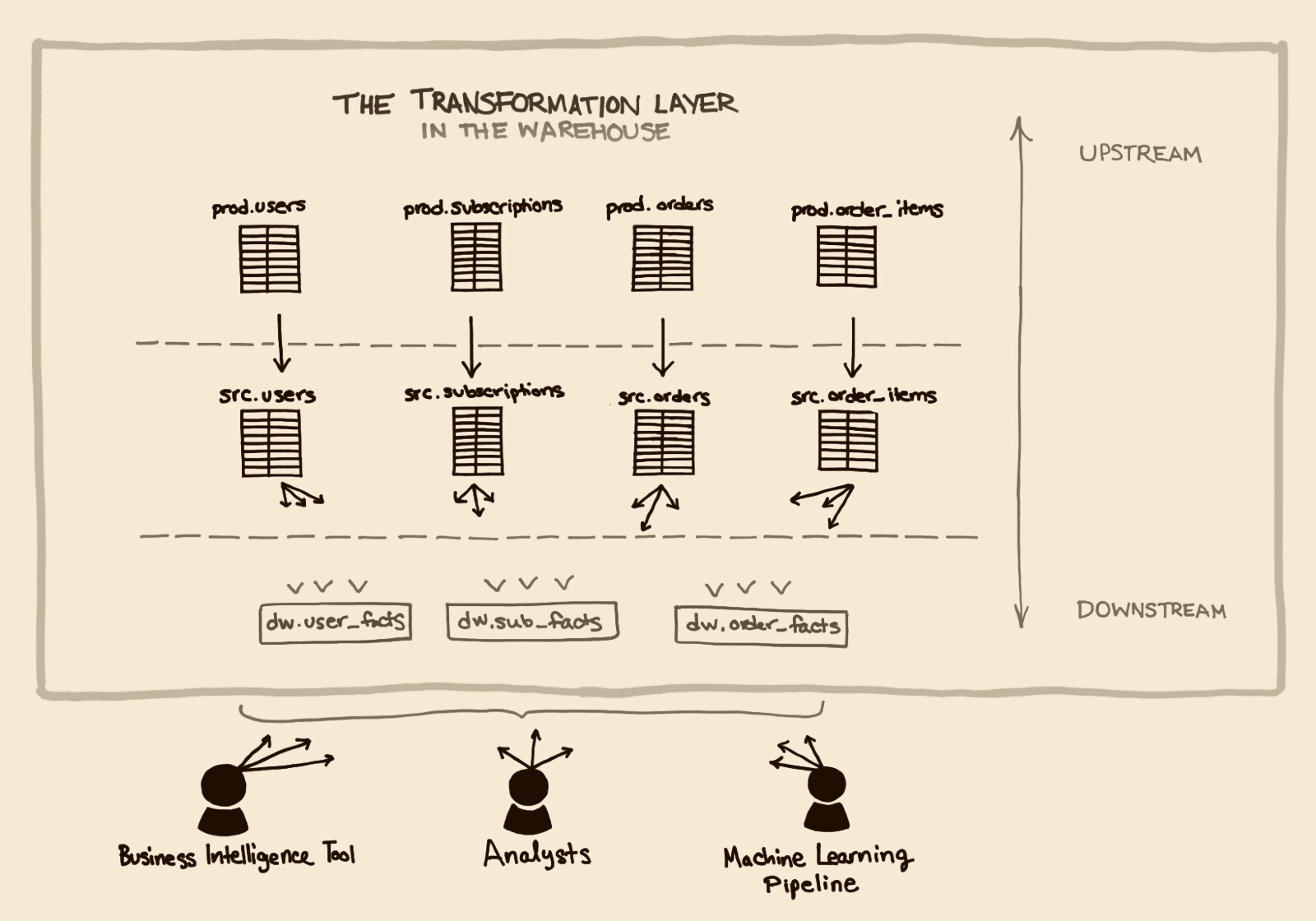The Age of Analytics: Data Governance
Posted by on August 15, 2017 Data, Education, Data Governance
As more companies move through the four stages of data analytics and overcome the false fears of democratized data, this has reiterated the importance data governance and quality for organizations. With more people having access to data, creating data sources and analyzing data, it’s changed the way business departments manage their data.
Data governance is a set of processes that ensures that company data (whether it’s business or product data) is formally managed throughout the organization. In layman’s terms, data governance is quality control for your organization’s data.
Today, with 2.5 quintillion bytes of data created every day, data governance is no longer a nice to have, but a must-have and should be considered as integral as any other business objective.
What is Data Governance?
As aforementioned, data governance is quality control for data. With that, it needs to be a core part of your overall data strategy as it impacts the way your organization acquires data, analyzes data and effectively grows your business.
With that, it’s important to emphasize that data governance is not a one-time exercise. It’s an ongoing strategy that is critical in turning organizations from data proficient to data-driven. Defining data governance early-on will only make things easier in the long-term.
Who is Data Governance for?
As a SaaS-based organization, chances are you have data across various business applications, miscellaneous spreadsheets and product databases, and if you have no central system for all that data—you need data governance.
Data governance, no matter the size of your organization, is crucial. It’s knowing whether or not you’re getting the right insights into marketing campaign performance or understanding how your active users are defined.
And, contrary to what the name suggests, a data governance strategy doesn’t have to come directly from the data team. If your company has data, but doesn’t have a data team, data governance is still the right answer.
A Quick Guide to Implementing Data Governance
While the term data governance may sound daunting, a data governance strategy doesn’t have to be complex. In fact, every organization that has data must value data governance and can implement it based on their organization’s resources.
With that, data governance is not just an IT or data team issue. It’s important to remember that data governance is a continual process and it requires commitment from everyone in your organization.
As business users are empowered with data analysis and data teams can focus on more interesting data projects, it’s up to everyone in an organization to understand the meaning and usage of their data.
To implement a data governance strategy without the influence of a data or IT team, here are a few pointers:
- Data Governors: elect a representative from each department (typically the one most intimate with the departmental data or a power user of your analytics tool)
- As a collective group of Data Governors, create a data dictionary and ensure that all analysis abides by this dictionary
- Encourage feedback, education and training on data best practices and effectively communicate it out to the rest of the organization
- Perform housekeeping of databases and dashboards
The Challenges Eliminated Through Data Governance
With the influx of data and data governors ready at the helm to formally manage the data, there are added benefits to implementing a data governance strategy. And, these benefits not only streamline data quality and management, but also can positively impact your business.
Data governance eliminates common analysis challenges, such as:
- Inaccurate and/or incomplete data
- The duplication of work
- Potential conflicts in how to analyze data
- Disagreements on measurement (the key here is having a data dictionary)
- Muddy communication (now you’ll have alignment between Sales and Marketing)
Alongside these common challenges, having a data governance strategy is a significant cost savings for organizations. The resources and money spent on digging through the data just to find discrepancies are a thing in the past—now, your organization can focus on insights and trust the data presented on your dashboards.
For more content on data best practices and to learn from other data professionals, read our Data team content.


